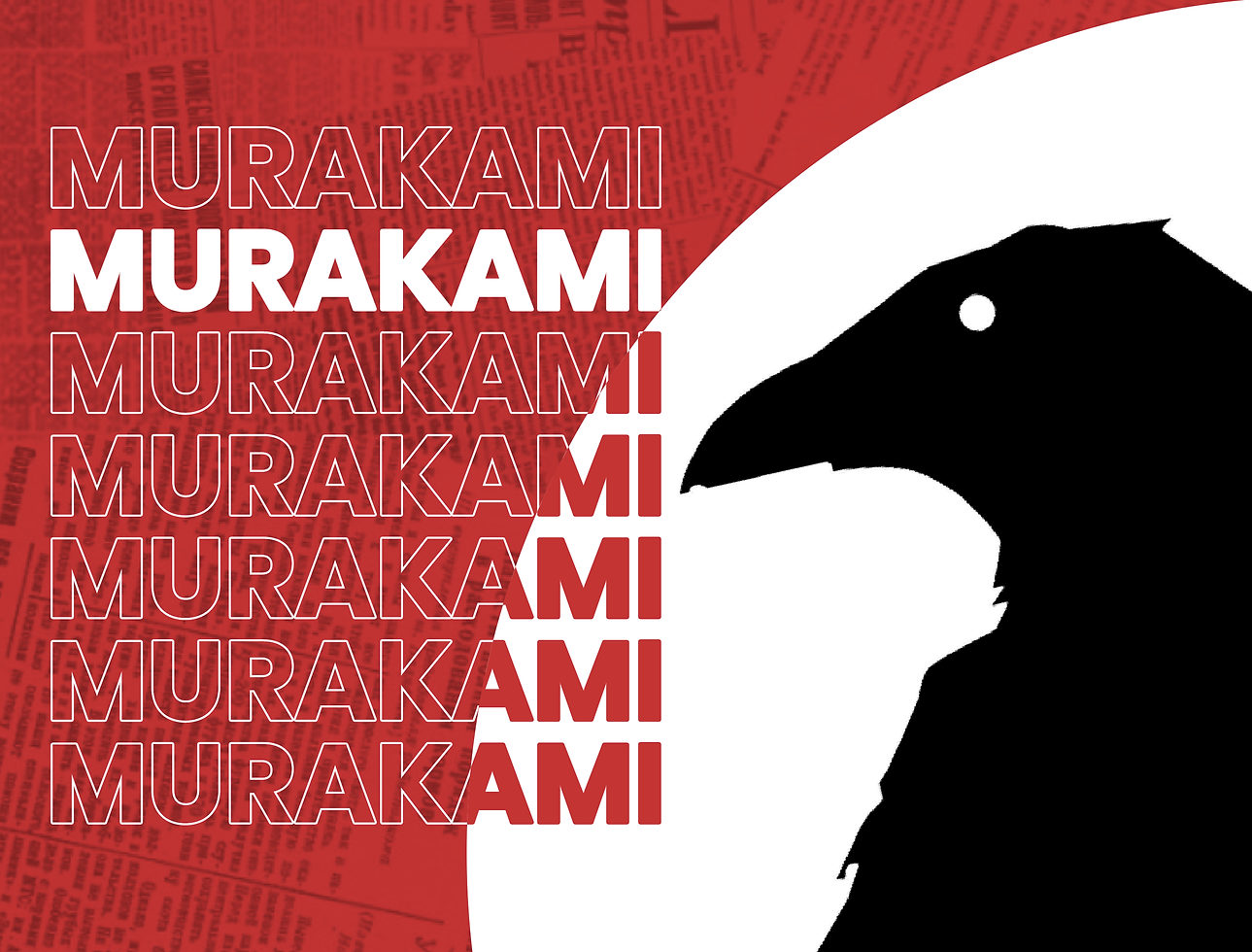
Reflecting the Horrors of Ordinary Life and Reality in Murakami’s Short Stories
- Kohana Mukherjee
- Nov 5, 2020
- 3 min read
Haruki Murakami is known for his quintessential magic realism in his stories (Kafka on the Shore, Sputnik Sweetheart, 1Q84 to name the popular ones) — a paramount writer dominating this genre of fiction. His stories leave readers in awe, confused yet wanting for more. The surreal setting of his novels is central to the daily domestic and mundane lives of ordinary people living ordinary lives. But do they think of ordinary thoughts? What is so atypical about the human psyche of native Japanese lives that Murakami explores in his novels and short stories? I conclude them to be the domestic horrors that come with living a routine life.
Reality becomes too familiar to mould you and become unfamiliar and surreal — a transfigured reality that has lost the essence, meaning and structure of what it means to be “real” — “...my customary world is no longer absolute” — the narrator from the story ‘TV People' tells himself after he deduces the fact that the people who deliver TVs are slightly, uniformly smaller or a “reduced version” than regular human beings and this precise realization slowly takes ahold of him and spirals him down to a thought hole where his reality gets swallowed into a ‘dream’ challenging his understanding of reality and his entire being of who he is. Surprisingly, the narrator doesn’t fight to make sense of what has happened, he calmly accepts it sipping on his beer. Long disconnected from what he comprehended as “his reality” as if transported into this familiar conjunction parallel world of queer happenings, alienated from his own.
Most of Murakami’s narrators tell their stories like an afterthought — a drop disturbing the still surface of the water and then ripples wide disrupting the very fabric of reality and revealing a preternatural world that remains hidden in the deep dark chasms of the unknown. Perhaps it is our thoughts that tear on reality because the bind of normalcy loses its grasp upon us and suddenly we’re thrown into the realization of our singular individuality on this blue ball surrounded by uncharted territories and obscure objects and unlearned limited sagacity. Contemplating upon it, there’s nothing supernatural about any of this.
When reading ‘The Strange Library’, readers enter a void where time cannot penetrate; the little boy who enters an outwardly ordinary-looking library enters a deep dark room and is stuck with absurd happenings captured by terrifying human-animal-like creatures. When he finally reaches the safety of his home, he figures that nothing is out of order. His mother behaves as if he never went missing. However, when his mother dies leaving him alone, the readers are aghast with bewilderment — what just happened? Is this a story told backwards? Is the child relieving his trauma of losing his mother in such a disturbingly creative fashion? Was it all but a dream? What shall become of the child now and why did the author leave his vulnerable protagonist amid such a turmoil of existential crisis?
“I lie here by myself in the dark at two o’clock in the morning and think about the cell in the library basement. About how it feels to be alone, and the depth of the darkness surrounding me. Darkness as pitch black as the night of the new moon.”
Murakami convolutes the distinction between what is real and what is alien in writing his short stories. He shows his readers that we are what keeps the definition of “real” and “reality” alive by what we can and cannot perceive on the surface level. Terror and horrors of the world are not of the occult or divine. They lie in accidental coincidences that fail to align with our meagre sense of logic and reasoning; in dreaming reality and waking certainty. The hold of our routine lives is nothing but fleeting and fragile. It takes but a thought, a misstep in this fold of reality to be gently tossed into the veiled gaping mirroring “upside-down wonderland “






Absolutely loved it, Kohana! Meticulous observations and great writing.